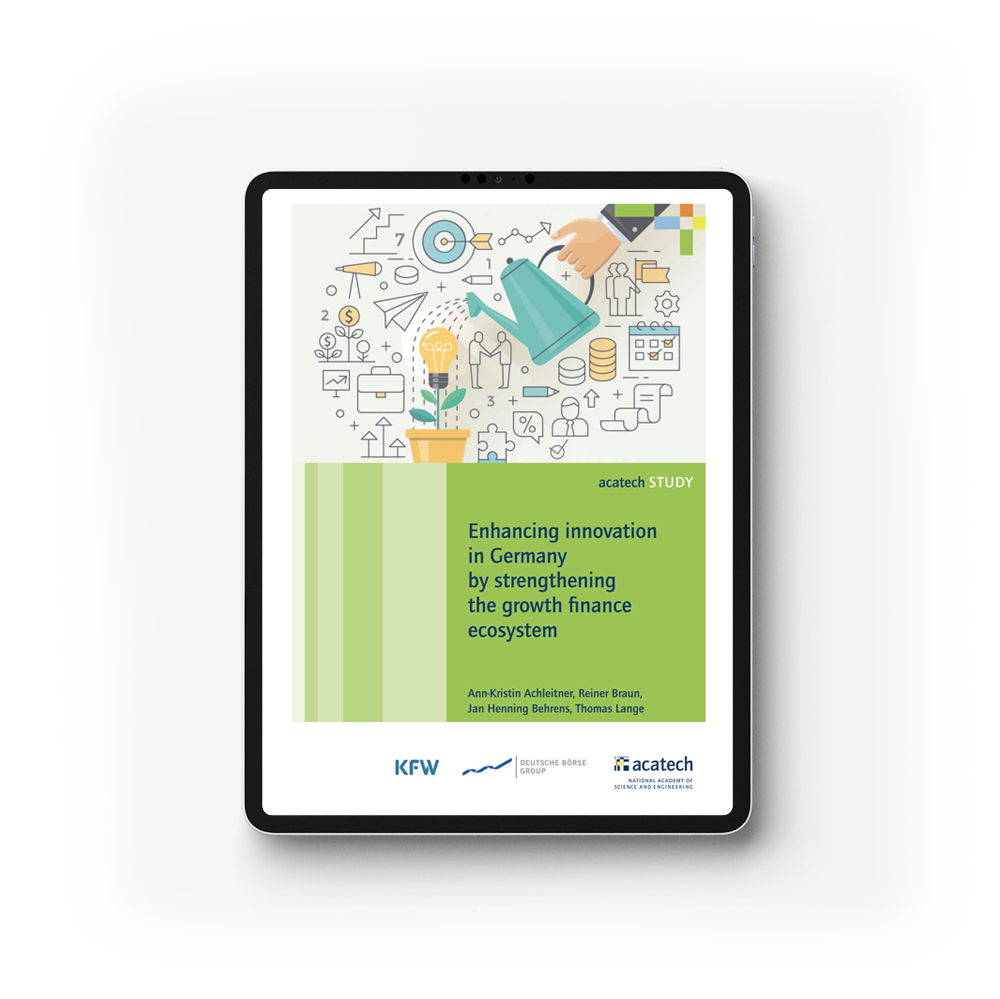Portfolio Construction in Venture Capital: The Impact of Portfolio Size on Risk and Returns
Returns in Venture Capital (VC) are characterized by extreme outliers and a notable number of defaulted transactions. Building a well-diversified portfolio is pivotal for investors to achieve sufficient downside protection without disproportionately trimming upside potential. This report simulates VC returns to understand the impact of portfolio size on risk and return potential. The simulations are based on the semicontinuous log-normal model of Juergens et al. (2022).
The analysis is conducted with 10,000 Monte Carlo simulations, each with a universe of 900 VC funds in total, which are equally distributed in early-stage (pre-seed and seed), mid-stage (Series A to Series B), and later-stage (Series C or later). That is 300 funds per stage focus and 18,000 transactions in total across all funds. The portfolio composition assumes equally-weighted portfolios of funds with 30 transactions in early-stage funds, 20 transactions in mid-stage funds, and 10 transactions in later-stage funds.
Read more
